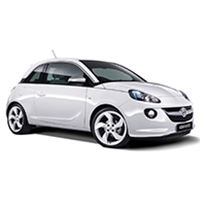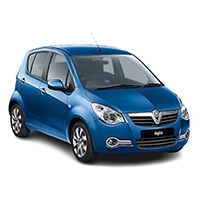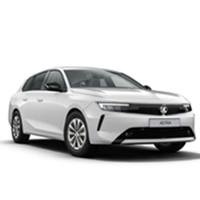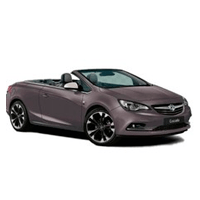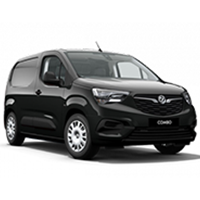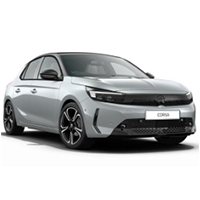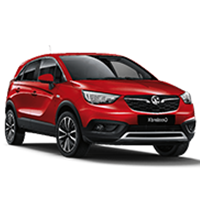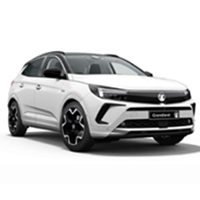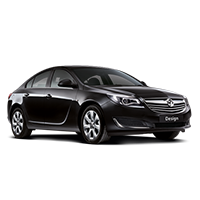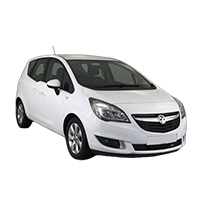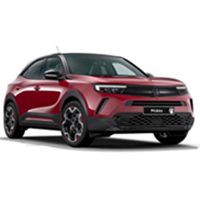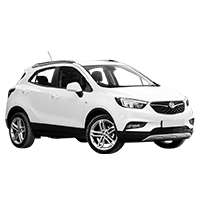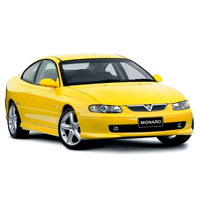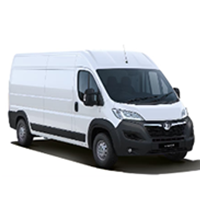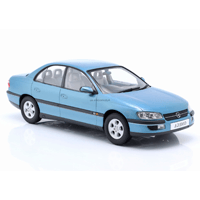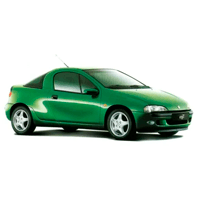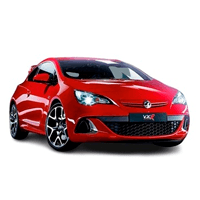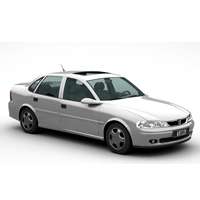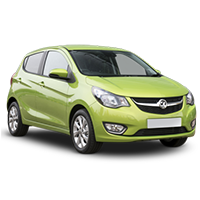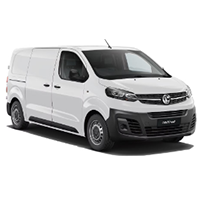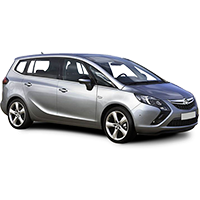
Catalog / Vauxhall
Vauxhall: British Engineering Excellence and Affordable Luxury
Vauxhall Motors, a stalwart of British automotive history, has been a significant player in the industry for over a century. Founded in 1857 as a pump and marine engine manufacturer, Vauxhall began producing cars in 1903. The company's first car, the '5HP', was a far cry from the sophisticated vehicles we see today, but it marked the beginning of a journey that would shape British motoring.
In 1925, Vauxhall was acquired by General Motors, a move that would significantly influence its future direction and global reach. This partnership allowed Vauxhall to benefit from GM's vast resources and technological know-how, while maintaining its distinctly British character.
Throughout its history, Vauxhall has been responsible for creating some of the most iconic cars on British roads. The Vauxhall Viva, introduced in 1963, became a symbol of the swinging sixties and remained in production for over a decade. The Cavalier, launched in 1975, revolutionized the family car market and became one of the best-selling cars in the UK during the 1980s.
One of the most significant milestones in Vauxhall's history was the introduction of the Astra in 1979. This compact car has been a cornerstone of Vauxhall's lineup for over four decades, consistently evolving to meet changing consumer demands and technological advancements. The Astra has won numerous awards, including European Car of the Year in 2016.
In the performance car segment, Vauxhall has made its mark with models like the Lotus Carlton. Launched in 1990, this high-performance sedan was, at the time, one of the fastest four-door cars in the world, capable of reaching speeds over 175 mph.
More recently, Vauxhall has been at the forefront of the electric vehicle revolution. The Vauxhall Corsa-e, launched in 2019, has become one of the best-selling electric cars in the UK, demonstrating the brand's commitment to sustainable mobility.
Despite challenges, including the 2017 acquisition by PSA Group (now part of Stellantis), Vauxhall has maintained its position as one of the UK's most popular car brands. The company continues to produce vehicles at its Ellesmere Port plant, which has been in operation since 1962 and is now transitioning to produce electric vehicles.
Today, Vauxhall's range spans from compact city cars to spacious family vehicles and commercial vans, all designed with a focus on efficiency, practicality, and value for money. As the automotive industry moves towards electrification, Vauxhall is poised to play a crucial role in this transition, promising an exciting future for this historic British brand.

